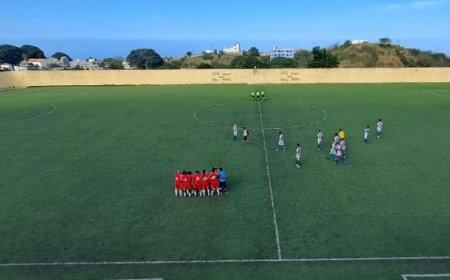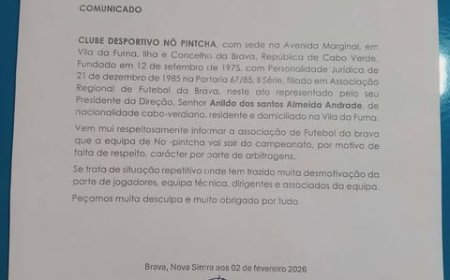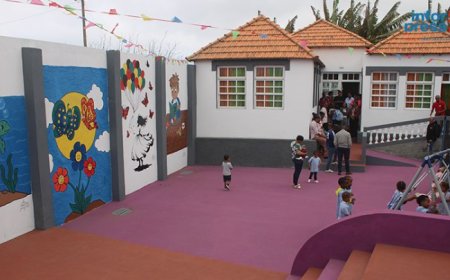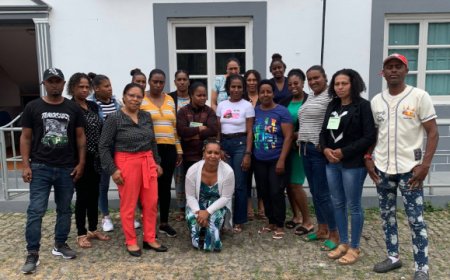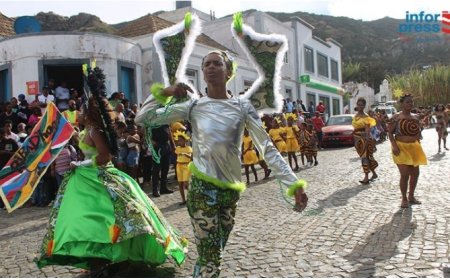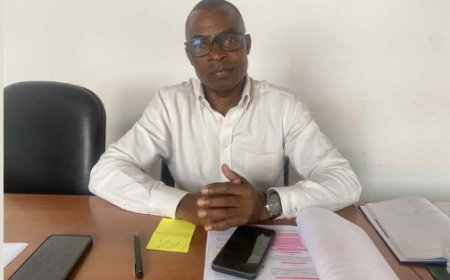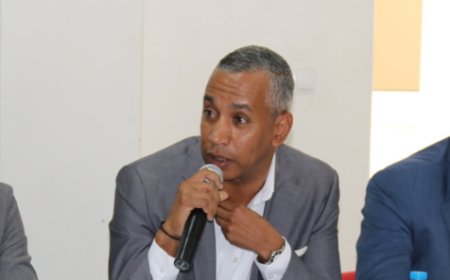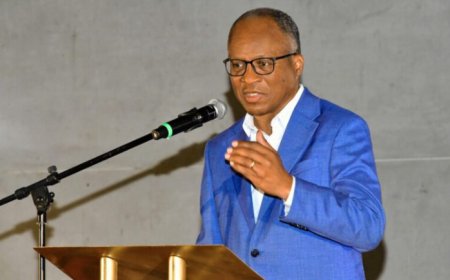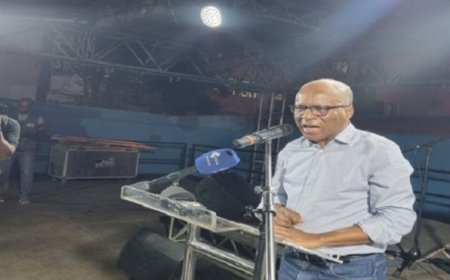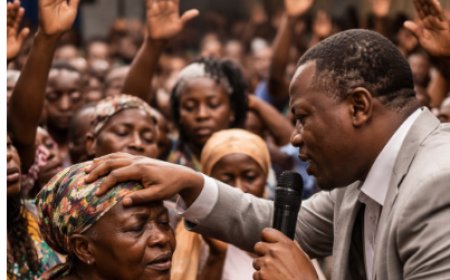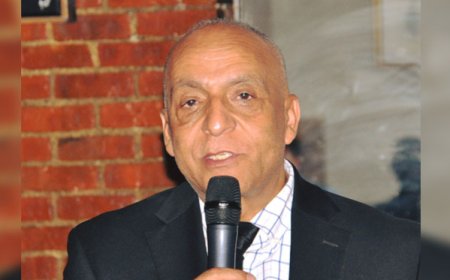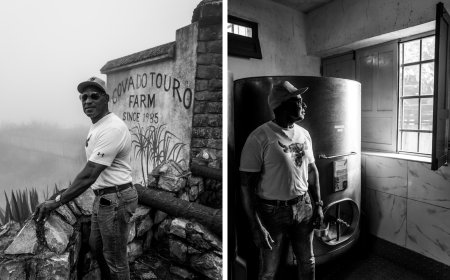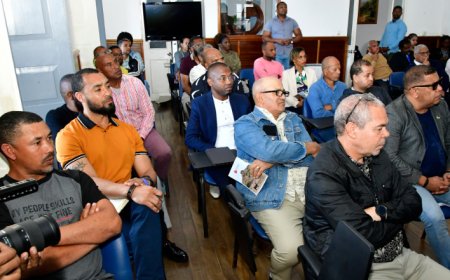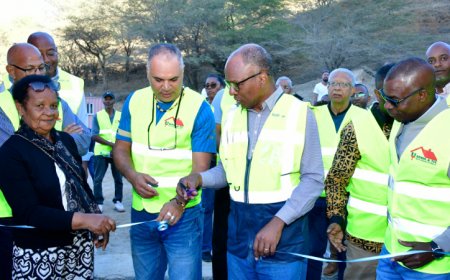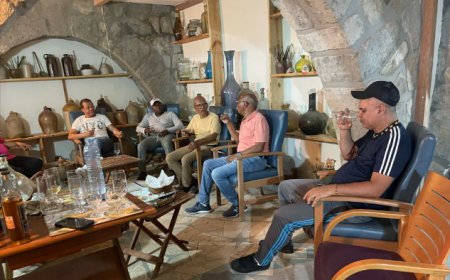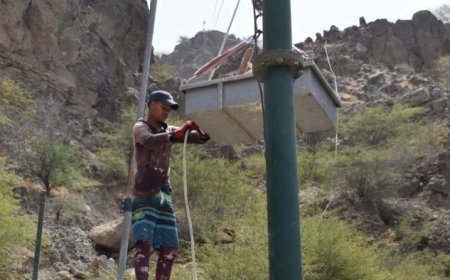Between Moderation and Adventurism: the Future of Cape Verdean Democracy
There has been much discussion these days about the latest Afrobarometer survey, released in July, which suggests a declining trend in the MpD's voting potential. According to the data, only 40% of voters who approve of the government said they would vote for the party if elections were held at that time, while 7% of those who disapprove said they would still vote for it. Based on these figures, some commentators are quick to conclude that the MpD is heading for certain defeat in 2026, with an almost inevitable victory for the PAICV.
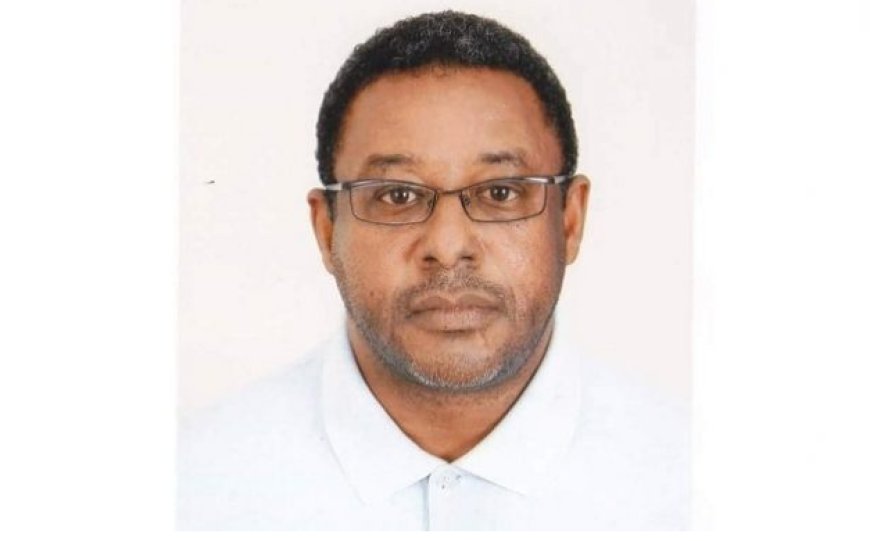
This reading, however, needs more depth. First of all, it should be emphasized that Afrobarometer is not an electoral poll, but rather an instrument for evaluating perceptions. The Cape Verdean electorate has demonstrated over three decades of democracy that their voting decisions are not based exclusively on isolated percentages, but on broader factors: trust, leadership credibility, balance and the ability to govern in times of crisis.
The most relevant fact that the analysis published by João Silvestre Alvarenga omits is the nature of the opposition's current leadership. The PAICV opted for a leader who does not hide his vision of a "solid understanding" of a single party as a model of governance. This is a perspective that clashes head-on with the democratic values won in 1991 and which, instead of strengthening alternation, threatens to reopen the wounds of an authoritarian past. In an international context of successive crises - pandemics, energy shocks, inflation and climate change - the Cape Verdean electorate is unlikely to accept exchanging institutional stability for autocratic political adventures.
In addition, it is not irrelevant to evaluate the performance of the current opposition leader as mayor of the country's largest city council. The citizens of Santiago and the entire archipelago have been following with concern the difficulties of implementation, the unfulfilled promises and the fragility of the capital's municipal management. This track record seriously weakens the candidate's credibility as a governing alternative.
The MpD, on the other hand, despite the challenges faced in the last two legislatures, has preserved stability, ensured democratic continuity and shown resilience in adverse contexts. Moderation and the rejection of extremism have been hallmarks of its governance. It is this balance, rather than transient percentages, that can make the difference when the time comes to decide at the ballot box.
The real choice in 2026 will not be between cold poll numbers, but between two models for the country: on the one hand, democratic moderation and pluralism; on the other, the risk of authoritarian regression dressed up as an alternative. It is up to the Cape Verdean people, once again, to reaffirm the maturity they have shown over these decades of democracy.
Roque Silva







